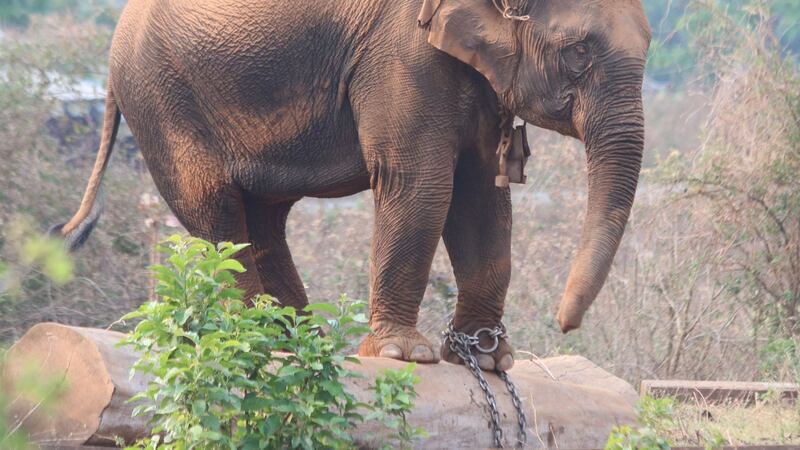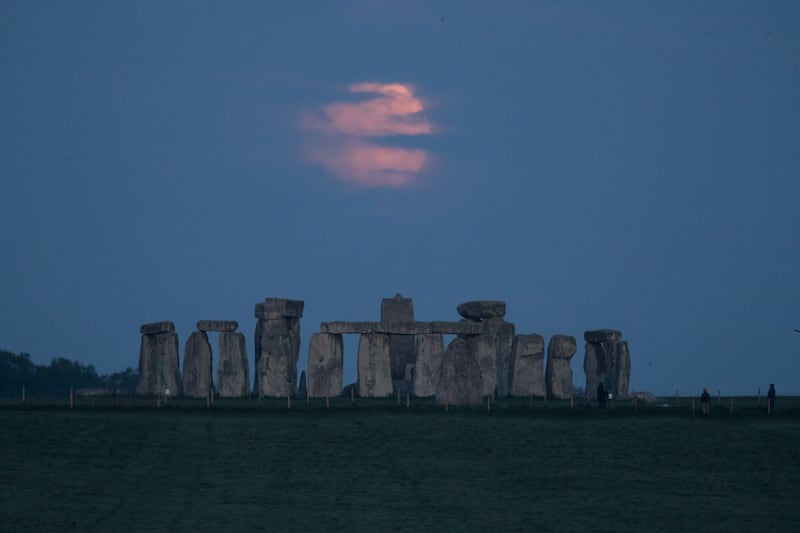Capturing and taming wild elephants shortens their lives by several years, a study has found.
Scientists studied government records on 5,000 Asian elephants employed in timber camps in Myanmar, formerly Burma, over a period of nearly 100 years.
Dr Mirkka Lahdenpera, from the University of Turku, Finland, said: “Our analysis reveals that wild-captured elephants had lower survival chances than captive-born elephants regardless of how they’d been captured, whether by stockade of whole groups, lassoing single elephants, or immobilisation by sedation.
“We also found that older elephants suffered the most from capture. They had increased mortality compared to elephants caught at younger ages.”
Typically, the lives of wild-caught elephants were three to seven years shorter than those of captive-born elephants.
Elephants in zoos did not live as long as their counterparts in the timber camps, the study also found.
But among zoo elephants, it was wild-caught rather than captive-born animals that survived the longest.
Around 1,000 Asian elephants currently live in captivity in zoos, safari parks and circuses around the world, said the researchers.
Due to high mortality and low fertility rates, these populations were not self-sustaining.
As a result, 81% of Asian elephants in European zoos were imported – many of them transported from timber camps – and 60% were wild-caught.
Co-author Professor Virpi Lummaa, also from the University of Turku, said: “Capturing elephants to sustain captive populations is… detrimental, because it not just reduces wild populations of this endangered species, but it also cannot provide a viable solution to sustain captive populations.
“These wild-caught animals live shorter lives and reproduce poorly in captivity.”
Long term stress and changes to the social environment were key reasons why wild-captured elephants suffered reduced lifespan, said the researchers writing in the journal Nature Communications.








